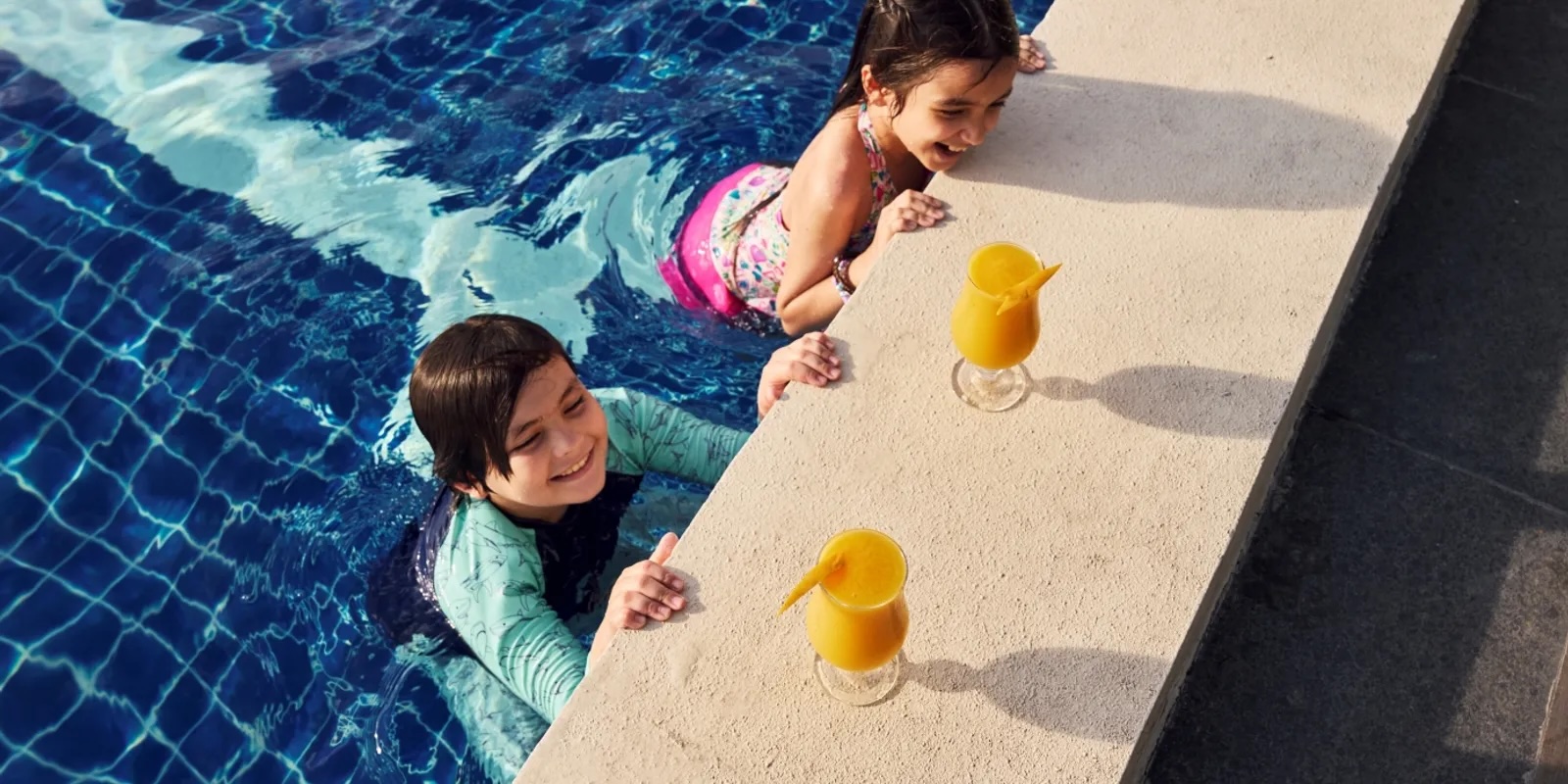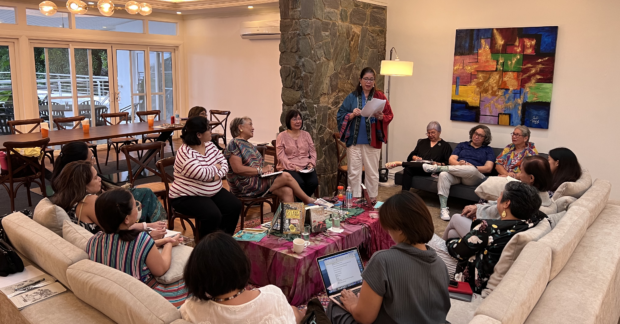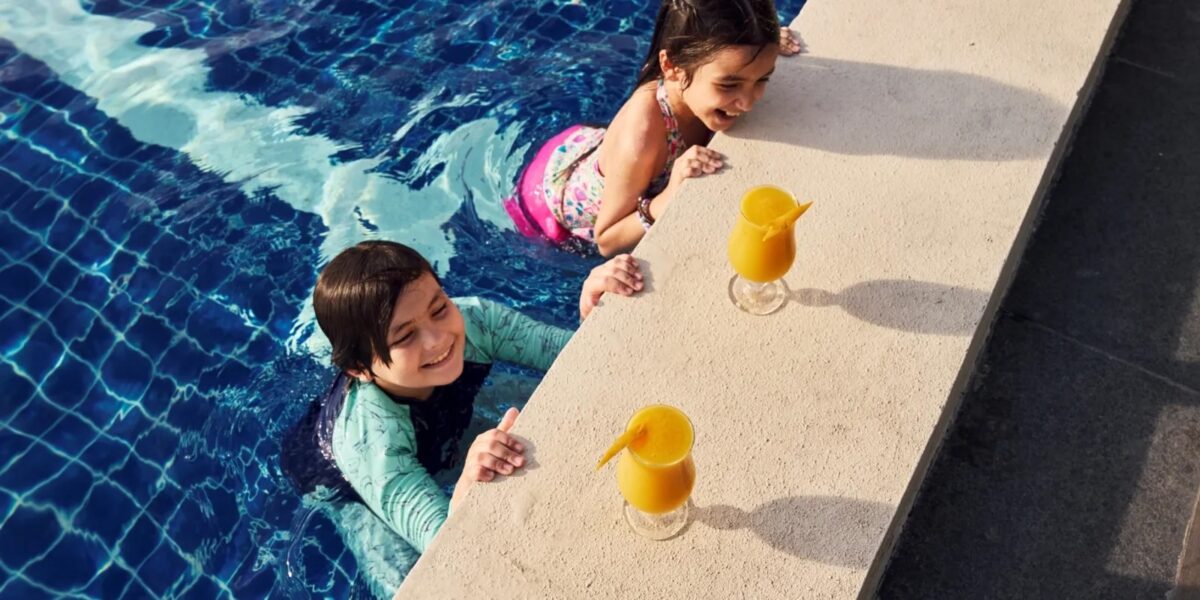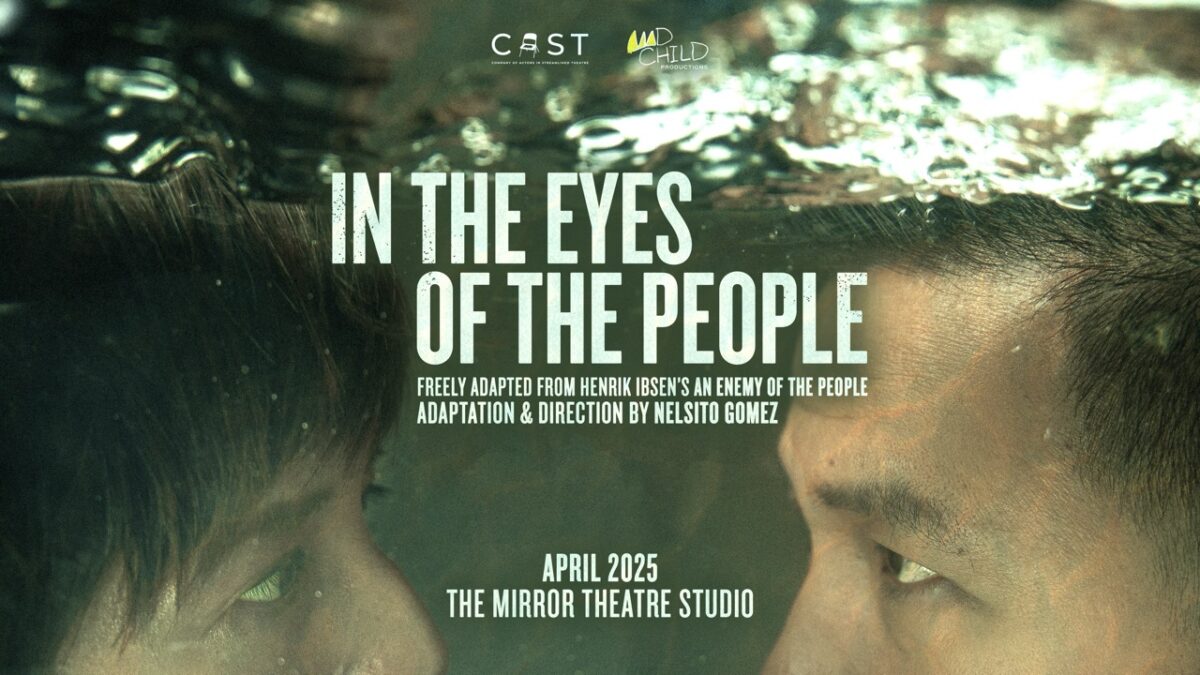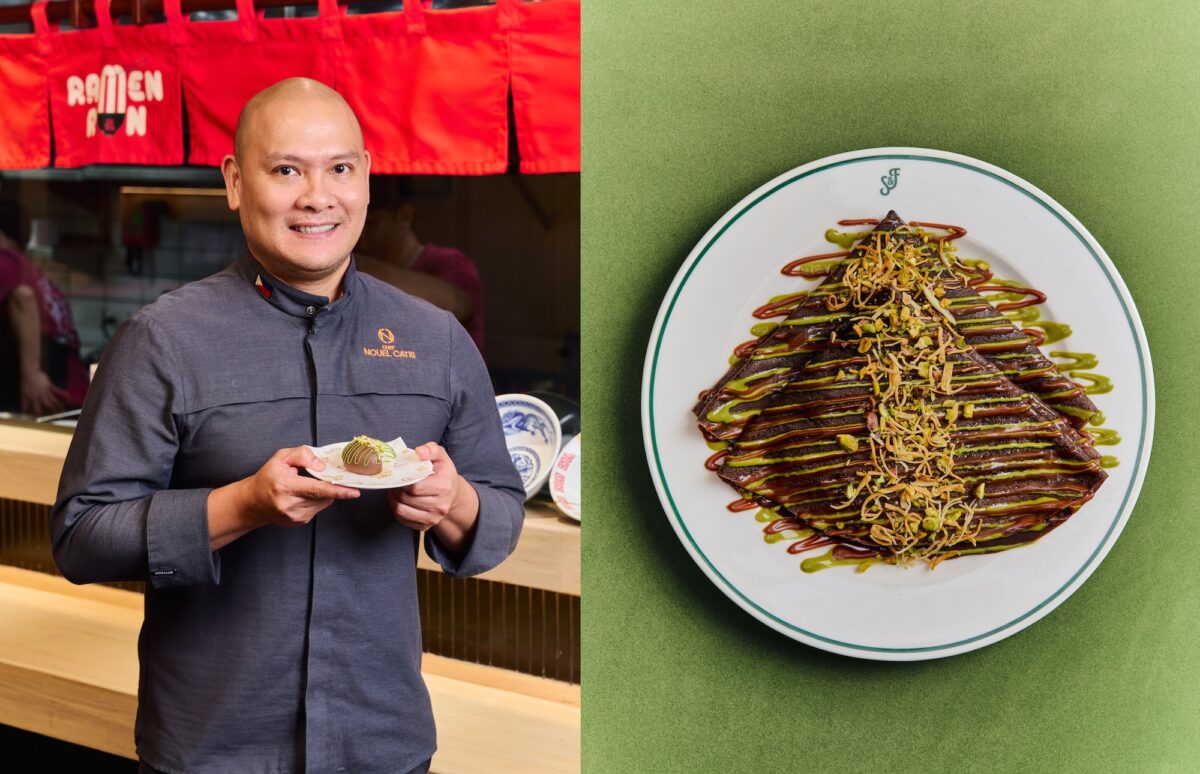
Authenticity is the state of “being who you truly are.” It’s the simplest thing in the world. And yet, it has been forbidden by rules and cultures to the point that it has become a mystery. The concept has become associated with being barbaric and rude. Dr. Michael Hall, founder of neuro-semantics, calls this false and mythological authenticity. He defines authenticity as being our “best human nature.” How amazing is that? When we allow who we truly are to be unleashed, we are at our best.
Abraham Maslow defines authenticity as having zero phoniness. It happens when our behavior is in alignment with our highest values. It is discovering what we truly want and don’t want. It is listening to our inner voices, instead of those around us. The concept sounds so simple. But with how many of us have been trained by society to be a certain way, it is not easy.
Being authentic to yourself is finding who you are outside of society’s “musts,” your parents’ wish lists, what your friends say and do. Here are a few tips on how to become closer to who you really are.
1. Define yourself. Write down a list of things that define who you are. Cross out the things that, though familiar, don’t align with your core. Add things that you want to be. It can be roles, characteristics, qualities and values. You’re now well on your way to figuring out who you are and the possibilities of who you can be.
2. Ask yourself, “What do I think?” Listening to other people’s opinions and advice is a good habit, if we are able to separate their thoughts from our own. Put a boundary between “what they say” and “what I think.” Many of us have gotten these two confused. Make it a habit to pause and reflect on your own take on situations.
3. Articulate your values. Think about how much you’re able to live by these values, in which area of your life, and how. Design a life that actualizes your best meanings and intentions. If you say you want to live by your purpose, put what it is into words and live a life that makes it real.
Be kind
4. Distinguish between false selves and wanting to be better. Wanting to be kind is different from being fake. The term plastic (fake) is used as a derogatory term. Some people use the excuse of not wanting to be plastic to be harsh and rude. This is one of the times where faking it till you make it is a good exercise. Even if you have harsh thoughts, you may want to be kind and generous. Behaving from the small part of you that wants to be kind is different from you being inauthentic. Let these parts grow so that you can be more of the person you wish to be.
5. Find out your innermost wants and needs. Many people avoid even thinking about these things for fear of discovering parts of who they really are. Some are afraid to realize how far their lives are from what they want it to be. And yet not even knowing what these are will make it impossible for us to live the life that will allow our best selves to emerge.
6. Learn the skills of communicating from authenticity. Speaking truth doesn’t have to be barbaric and hurtful. So many people keep their real opinions to themselves, spending years suppressing their honest truths. When they reach their threshold, they scream their pent-up emotions that no one knew were there. Then they end up hurting people and confirm that they should’ve just kept it in. Saying the truth in a loving way is one of the rarest gifts we can give, both from the person expressing and the person receiving. It is a great foundation for any relationship.
7. Edit your life using your values and authentic self as your North Star. You might need to let go of some relationships if only your fake self is welcome. There might be better professions that suit and soothe you more. An external environment that allows your authentic self to thrive will maximize your potentials.
Life is a continuous journey of figuring things out. If we use our inauthentic self to navigate the path, we are increasing the probability of pain, suffering and distress. This is a great opening for stress, sadness, loneliness and anger. Authenticity, when we have enough of a grasp of it, makes deciding what belongs and what doesn’t a lot easier. Life is meant to be enjoyed, and the challenges are there to push our growth further. If it feels empty and unfulfilling despite the work, let that be your guide to nudge you onto the road less traveled. —CONTRIBUTED
The author is an executive coach and an organizational development consultant. You may reach out to her through coachsheila.tan@gmail.com.




